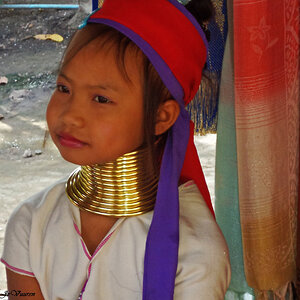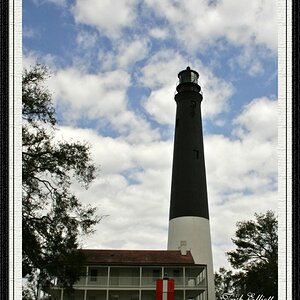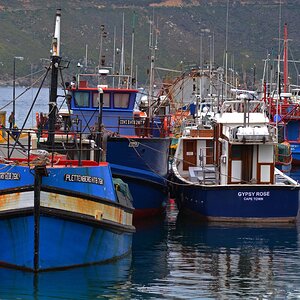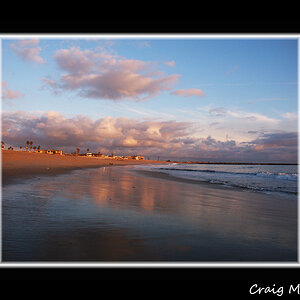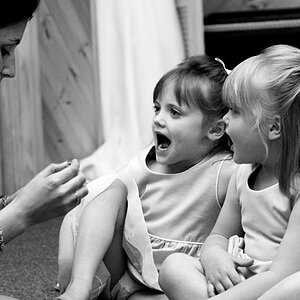EhJsNe
TPF Noob!
- Joined
- Nov 23, 2008
- Messages
- 618
- Reaction score
- 1
- Location
- A Riverside Town by Canada
- Can others edit my Photos
- Photos OK to edit
Im trying to breed bettas (fighting fish) and take some decent pictures of my fish so when I go to sell them on aquabid (its like an ebay for aquatic things...and its free to use) I'll have some decent pictures of the fish.
The problem is that the pictures have lots of noise. The Ive tried everything I can to prevent it.
I dont want to much light on the fish because the particular type of bettas I have are VERY sensative to light. I currently have 2 lights on the tank. (the main light and another light on the left side)
I have Photo Shop Elements 7, if theres a noise reduction thing in there, how do I get to it and use it?
Ive looked for free noise reduction software, but I dont feel safe downloading things from sites Ive never heard of. Ive already got a screwed up computor. I dont need anything else wrong with it.
Is there anything I can do to prevent the noise in the first place? That would probaly be the best idea.
Heres an example:

The problem is that the pictures have lots of noise. The Ive tried everything I can to prevent it.
I dont want to much light on the fish because the particular type of bettas I have are VERY sensative to light. I currently have 2 lights on the tank. (the main light and another light on the left side)
I have Photo Shop Elements 7, if theres a noise reduction thing in there, how do I get to it and use it?
Ive looked for free noise reduction software, but I dont feel safe downloading things from sites Ive never heard of. Ive already got a screwed up computor. I dont need anything else wrong with it.
Is there anything I can do to prevent the noise in the first place? That would probaly be the best idea.
Heres an example:



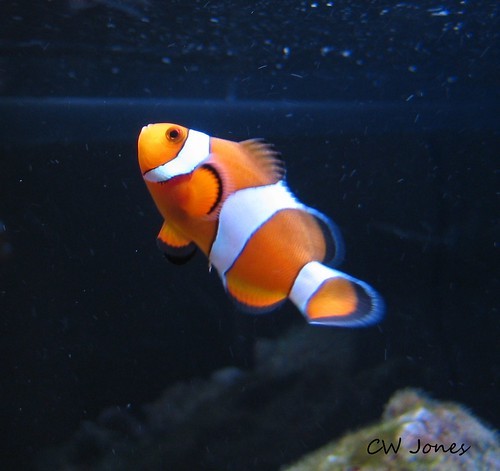

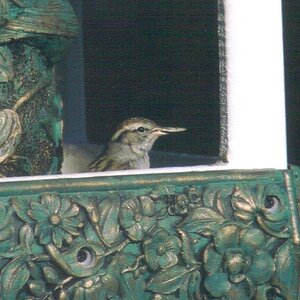

![[No title]](/data/xfmg/thumbnail/34/34483-f862f99992bbdd79e95d390a65e59f6e.jpg?1619736510)
![[No title]](/data/xfmg/thumbnail/30/30873-79f4c5bc298110a994e9eed027728db8.jpg?1619734490)
